Greetings, campers! Since the theme of this year’s IGGPPCamp is Self-Care, I thought an introduction to mindfulness would be a great way to promote mental wellbeing and emotional health, which are very important aspects of self-care. I gave a brief overview of what mindfulness is and how to get started as a beginner during a live Google Hangout this afternoon. This post is a supplement to that talk, which is available for viewing on the IGGPPCamp YouTube account at any time.
IGGPPCamp 2017 Mindfulness with Camp Nurse Buffalo Chat
Feel free to share the video, and this post as well, with any friends who might find it useful. And that means anyone, not just friends in IGGPPC, or who registered for camp.
What is mindfulness?
I first learned about mindfulness in therapy, where I developed the practice of using mindfulness to combat anxiety and depression. According to MindfulNYU,
Based in Eastern philosophy from over 2600 years ago, mindfulness practice is the intentional, present moment awareness of our thoughts, feelings, sensations, and surroundings without judgment.
I like to think of mindfulness practice as one way to cultivate a healthy mindset and approach life in a non-judgmental way.
How does it work?
There are many different forms of mindfulness, but the underlying idea is that you are re-centering and “grounding” yourself to focused on the present instead of actively engaging in the thoughts, feelings, and sensations that come up in your day. For example, in the Hangout today, we did a 3-minute guided exercise where we followed instructions and focused on what was going on in our bodies as we sat, relaxed, and breathed, as well as on the sounds around us. While doing an exercise, you are actively thinking about what is happening. The difference is, you’re just letting it happen, instead of forming an opinion or having an emotional response to it. This practice of just observing is what mindfulness is!
What are some of the benefits?
Mindfulness has been shown to reduce stress, prevent depression, and improve your quality of life. As little as ten minutes a day of consistent practice has been shown to provide great benefit. Personally, I have found that mindfulness has helped me to feel less scattered and nervous during anxiety-inducing periods of life, and it has helped relieve some of the feelings of being weighed down by emotions I am processing.
Resources.
Mindfulness Info Sheet by Michael Zaurov, PMHNP. This was written by a former classmate who is a practicing Psychiatric and Mental Health Nurse Practitioner. I’d highly encourage everyone to read it. He explains the concept of mindfulness, what to expect to get out of it, and describes practices from basic belly breathing to advanced techniques like Somatic Loving-Kindness.
Free Guided Mindfulness Exercises from the UCLA Mindful Awareness Research Center and MindfulNYU. A few of my favorite resources are geared towards college students, though many of the resources they provide are appropriate for anyone in any stage of life to use. The first link provides a downloadable list of guided exercise MP3s, which is where I got the Body Sound Scan used in the Hangout today.
Stop, Breathe, & Think. I am a big fan of this app, which you can use on a smartphone or directly from the website. It provides guided exercises tailored for different situations and needs, and keeps track of how much time you’ve spent practicing. Though it recently started requiring payment for some exercises, you honestly don’t have to pay – the freebies are excellent, effective, and reusable.
10% Happier by Dan Harris. This is actually a link to a book review by my friend Zack (who I actually met online through IGGPPC – woot!) I’ve added the book to my Good Reads To Read list, because it sounds like an excellent introduction to mindfulness. The author promotes mindfulness practice and describes its impact on his life.
Tips.
MindfulNYU’s Basic Instructions for Meditation is a great place to start. A few of the tips I gave for picking up mindfulness practice include:
- Simply opening yourself to the idea of mindfulness is a huge first step. Being aware that it’s possible to be non-judgmental about your own thoughts and feelings is an important realization!
- Start with short exercises, such as the 3 Minute Body and Sound Scan we did in the Hangout. Over time, try to sit for longer. Give yourself time to adjust to this.
- Approach mindfulness practice as a routine. At first you’ll have to practice daily, kind of like learning to drive a car. Aim for eventually making mindfulness something you do every day, like brushing your teeth.
- In the live broadcast chat, a camper mentioned mindful tea drinking, where you pour yourself a nice cup of tea and contemplate it as you drink it. I love this idea and will be using it! Savoring the tea, thinking about its flavor and temperature and the sensations you feel as you finish the cup, is a great mindfulness technique and will help you appreciate the moment.

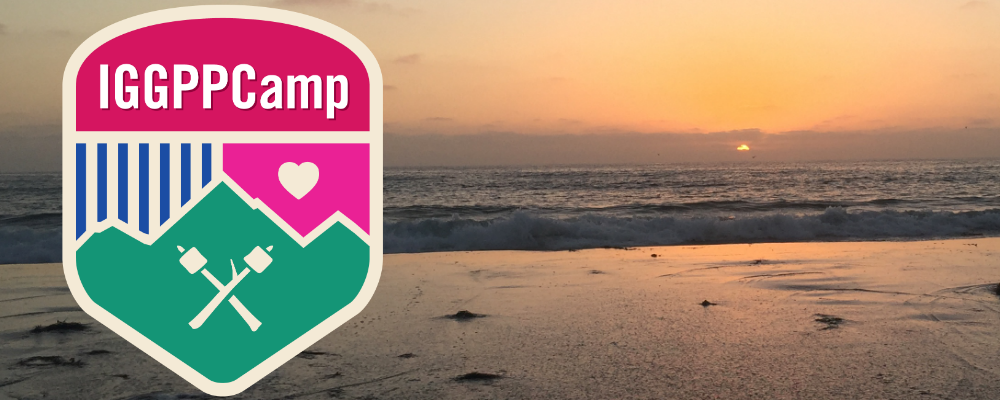
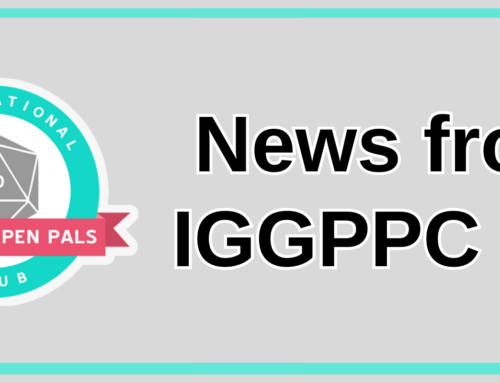

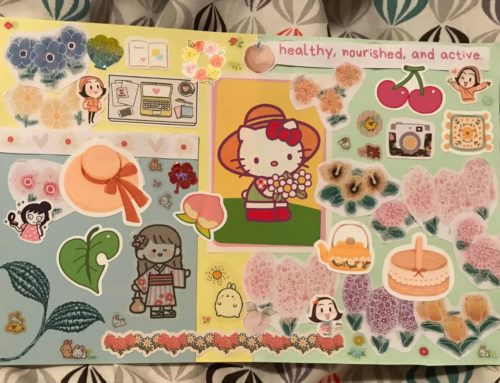
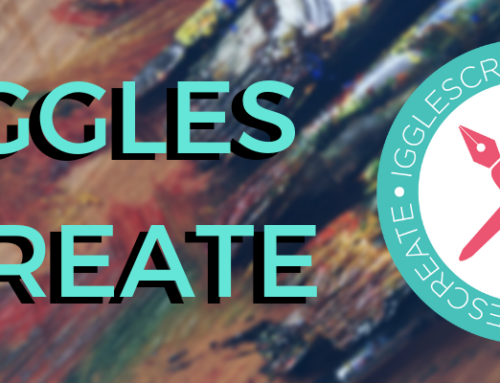
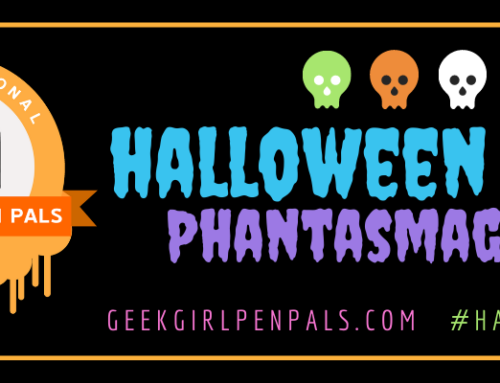
This is wonderful! Thanks for putting this together for us, Nurse!
I had to leave the PC a couple times to tend to my kids, so it’s great to see the video and the recap post! Thanks.
I love Stop Breath think I totally forgot that you can also use the browser version, that will help me a lot at work if I need to clam down. I also bought a few of the meditations that are fore sell in the app since I liked the others and wanted to try them and they are really good too. You can totally just use the free stuff, but if you want to spend a little money I think they are worth it.
A think I also like to do is when it is rainig a decent amount I open the window and take a couple of minutes to just focus on the rain.